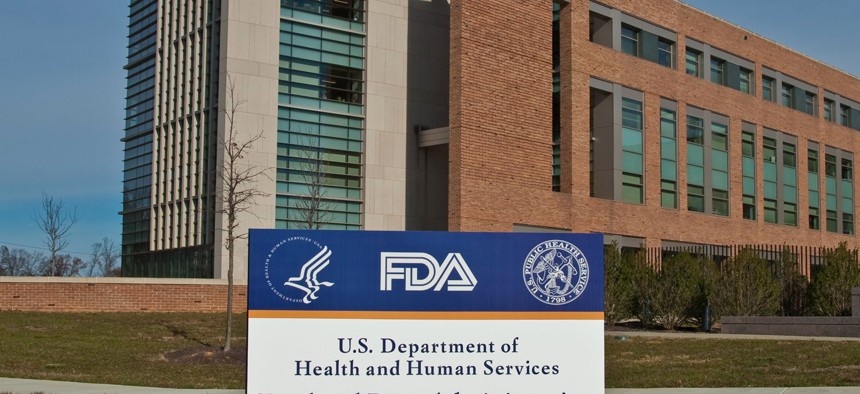Senators look to root out contractor conflicts of interest

U.S. government photo
A bipartisan group of senators have introduced legislation they say will help prevent potential conflicts within businesses that work with the federal government after concerns were raised over McKinsey's work with the Food and Drug Administration while it was consulting with pharmaceutical firms.
A bipartisan group of lawmakers introduced legislation to identify and address potential conflicts of interest within the federal contracting community, featuring new disclosure requirements and revisions to the Federal Acquisition Regulation.
The Preventing Organizational Conflicts of Interest in Federal Acquisition Act was introduced by Sens. Gary Peters (D-Mich.), Chuck Grassley (R-Iowa), Maggie Hassan (D-N.H.), and Joni Ernst (R-Iowa).
Lawmakers said the bill would help prevent potential conflicts of interest within businesses receiving contracts from the federal government, in the wake of news that management consulting corporation McKinsey & Company paid nearly $600 million last year to settle charges from across the country over its role in the nation's opioid epidemic while at the same time working with the Food and Drug Administration.
"We have directly seen the danger that conflicts of interest can pose in government contracting, such as when the consulting firm McKinsey worked for opioid manufacturers at the same time it was working for the FDA on opioid-related projects," Hassan said in a statement. "Our bipartisan bill would help ensure that companies that enter into a contract with the government are acting in the best interest of the American people."
The new bill would require the Federal Acquisition Regulatory Council to identify services and contracting methods across the federal acquisition landscape which raise "heightened concerns" for potential conflicts of interest within 18 months.
It also proposes changes to FAR to implement new disclosure requirements for federal contractors around potential conflicts of interest in their contracting work, as well as contract clauses and solicitation provisions to help limit future potential conflicts of interest.
Agencies would also be required to update or establish conflict of interest procedures in order to implement the changes to FAR under the legislation, and periodically assess those methods as needed. Governmentwide policy and guidance around organizational conflicts of interest would also be standardized with comprehensive material and routinely issued to effectively mitigate conflicts.
Peters said in a statement that taxpayers and agencies currently don't know if federal contractors are working in their best interests if they fail to disclose their outside relationships.
"This bipartisan, commonsense legislation will ensure federal consultants and contractors disclose other parts of their business that conflict with the work they are bidding to perform for the government," he added. "This will ensure taxpayer dollars are being used to hire contractors that are focused on working in the best interest of the American people."
NEXT STORY: SAIC says it's big enough for any competition


